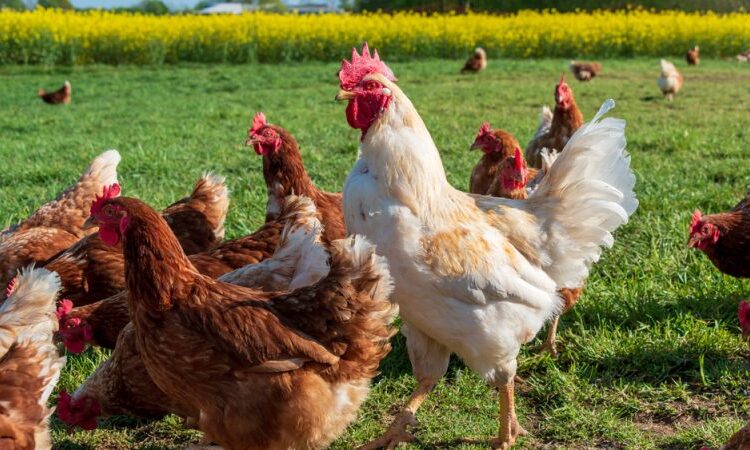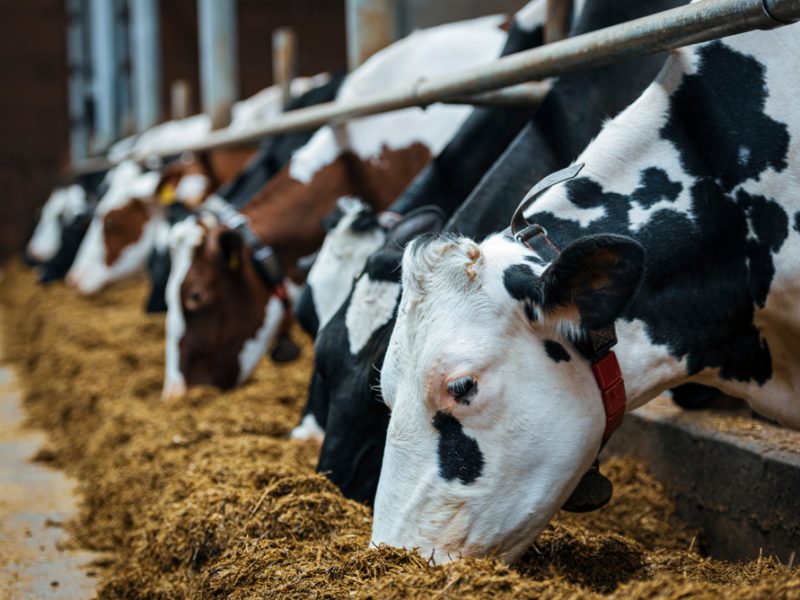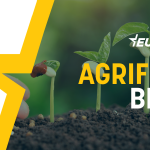
The ‘moral choice’ of decoupling animal welfare standards from productivity is the biggest question right now, according to the Commission’s head of animal welfare. And while stakeholders say they are willing, they say they need more funds to do so.
The European Commission is currently reviewing the EU animal welfare legislation within the framework of the EU’s flagship food policy, the Farm to Fork strategy.
The proposal, expected to be unveiled in September, is currently undergoing an impact assessment of the different policy options at the disposal of the EU executive, as previously reported by EURACTIV.
The leaked assessment shows a tendency toward following recommendations from the European Food Safety Agency (EFSA), whose recent scientific reports conclude – for example – that cage-free systems are most effective in terms of animal welfare.
It also indicates that the Commission is acknowledging growing citizens’ calls to raise and uphold animal welfare standards, such as the European Citizens’ Initiative (ECI) ‘End the Cage Age’.
“There is a clear demand by the European citizens to keep the [animal welfare] standards at the pace of the scientific and technological revolution,” Andrea Gavinelli, head of animal welfare unit at the Commission’s food safety service (DG SANTE) said at a recent event in Brussels.
“[Animal] welfare was non-existent compared to today if I think about what was the dialogue between the parties of the past,” he added, “so this answers the fact that it is getting frontline.”
But, according to Gavinelli, the “question on the table today” is the ‘moral choice’ of whether the EU will be “brave enough” to decouple this revision from economic sustainability and productivity.
“I cannot answer myself because the dynamic is sophisticated and will come from a process that is also political,” he added.
However, while mentioning the ‘End the Cage Age’ ECI, he pointed out that “we need to really look into the sustainability of this decision, but we cannot renounce this idea per se if it’s not sustainable.”
“The fact that you can afford to respect your moral aspirations in everyday life is the best thing, but you need compromise every day – that’s why it’s very difficult today to measure in terms of this dimension, and the relation between moral and market,” he added.
However, he assured that “we have instruments if we plan a proper revision, to create the capacity for everyone who is aspiring to these to get into this,” adding that the next Common Agricultural Policy (CAP) “will have to deal with this moral dimension”.
Willingness, but not enough funding
While stakeholders showed openness to the idea of sacrificing some productivity gains in order to raise animal welfare standards, they stressed that the EU must provide more funding to compensate farmers.
“A farmer will quite happily just randomly spend €10,000 on a cow brush, that will have absolutely no impact on productivity,” said farmer and vice-president of the young farmers association CEJA, Thomas Duffy.
“But the problem is, if you want widespread change, if you want more complicated animal welfare improvements that are detached from production, you have to take into account socio-economic factors,” he stressed.
According to Duffy, this means – for example – paying farmers to return on investment, taking into consideration the size of the farm, or national bodies “simply providing the funds to do that”.
Likewise, for Jo Swabe, senior director of public affairs at the European section of the NGO Humane Society International there is a need to “fund the transition”.
She also added that there has been “very little uptake” by member states of the funding available under the previous CAP for animal welfare.
“I don’t believe it’s a lack of goodwill on the part of farmers,” she said, adding that the priority should be shifted to having systems with better animal welfare and providing the finance and the opportunities to actually be able to put those things in place.
However, vice-president of the Federation of Veterinarians of Europe, Mette Uldahl, also pointed out that, in addition to giving incentives, the EU needs to “be careful that we don’t decide too much and then we don’t enforce it”.
She insisted that, for example, the “really good decision” of imposing regular vet visits “still needs a lot of implementation.”
[Edited by Gerardo Fortuna/Nathalie Weatherald]








